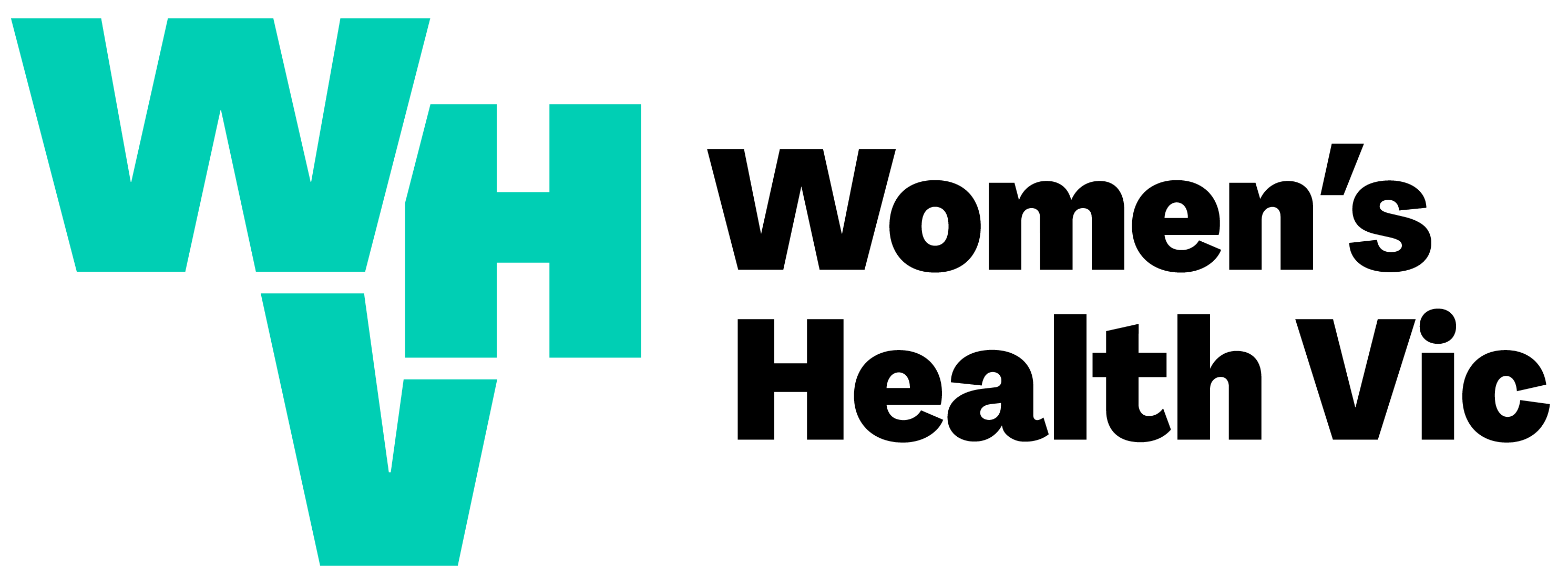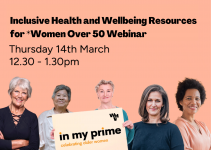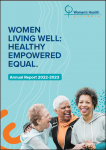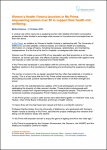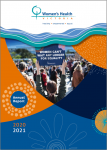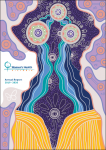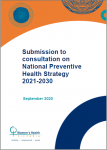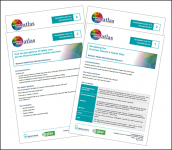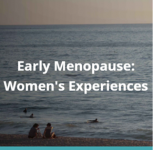This report contains a review of activities and achievements of Women's Health Victoria for the period July 2023 to June 2024.
An expert panel discusses the importance of diversity and inclusion when developing resources for women over 50, sharing their professional and lived experiences, and drawing on insights and learnings from the In My Prime project led by Women's Health Victoria.
This annual report contains a review of activities, and achievements of Women's Health Victoria for the period July 2022 to June 2023.
A unique new online resource is equipping women with reliable information and positive portrayals of older bodies to encourage older women to live active and connected lives on their own terms.
This annual report contains a review of activities, and achievements of Women's Health Victoria for the period July 2021 to June 2022.
This annual report contains a review of activities, and achievements of Women's Health Victoria for the period July 2020 to June 2021.
This annual report contains a review of activities, and achievements of Women’s Health Victoria for the period July 2019 to June 2020.
This submission responds to the consultation paper informing the development of the National Preventive Health Strategy 2021-2030.
These Geography classroom exercises are designed to enable teachers and students anywhere in Victoria to draw on real-world local data to investigate issues, identify spatial variations, and interpret health and gender impacts.
The Healthtalk Australia Early Menopause: Women’s Experiences online resource is based on the video and audio-recorded stories of 30 women from a range of backgrounds with different experiences of early menopause or POI (spontaneous or caused by medical treatment).
